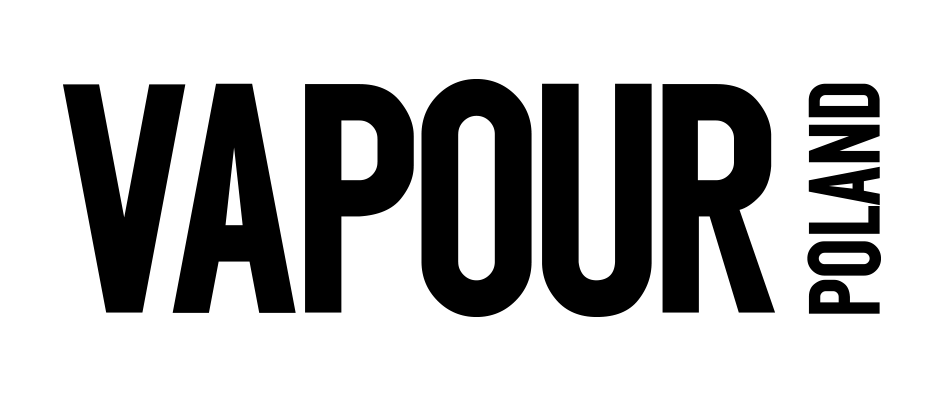The Health Ministry has introduced a controversial self-amendment to the tobacco bill, which provides for strict regulations on nicotine pouches. The changes include a ban on the sale of these products to minors, over the Internet and in vending machines, as well as the withdrawal of flavored versions of pouches from the market. Employers of Poland warn that the proposed regulations could de facto exclude these products from the market, despite the lack of an official ban on them.
Lack of consultation raises objections
Szymon Witkowski, chief legislator of the Employers of Poland, criticized the lack of public consultations on the amendments. He stressed that the self-amendment was added in the final stage of work on the law, just before it was sent to the Sejm, bypassing the required 30-day period for consultations with market representatives. According to Witkowski, such action violates the law and ignores the voice of key stakeholders, such as employers’ organizations and the Social Dialogue Council.
New regulations – what do they mean for the market?
The new self-amendment treats nicotine pouches as tobacco-related products, meaning they will be subject to similar restrictions as e-cigarettes. The proposed regulations introduce, among other things:
- Obligation to label packages appropriately.
- Submit products to the President of the Bureau of Chemical Substances a minimum of six months before marketing.
- Limit nicotine to 20 mg/g.
In addition, banning flavored versions of products can significantly affect their appeal among users.
Experts warn of consequences
Employers of the Republic are sounding the alarm that such significant changes should be consulted again with the market. They point out that the lack of dialogue could lead to legislative chaos and negative consequences for entrepreneurs operating in the industry. According to experts, the new regulations are so important that the draft law needs to be re-examined and market opinion taken into account.
The proposed amendments to the Tobacco Law represent another step in tightening policy toward nicotine products, but their form and method of implementation are controversial. The ultimate impact of the regulations on the market and consumers remains an open question.





